News and Events
Showing 121 to 150 of 457 results

COVID-19: Resourcing Rights—June 2020 Round-Up
CESR is working to spark conversations about how human rights standards and commitments can be used to help shape equitable responses to the economic fallout of COVID.
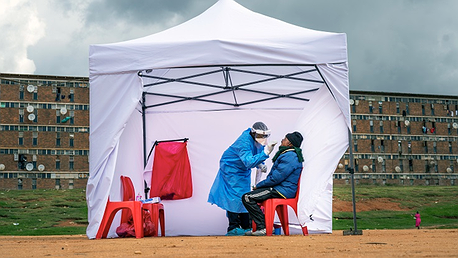
Human Rights Law Must Help Shape Government Responses to COVID-19
Allison Corkery's blog post at Equal Times emphasizes how upholding socioeconomic rights in a pandemic remains an obligation—and the law.
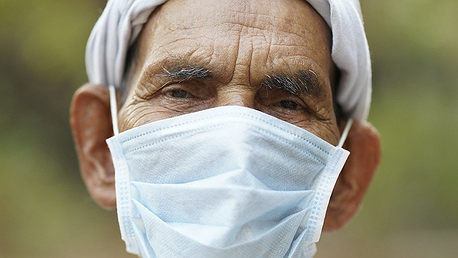
A Roadmap for Recovering Rights: New Series on Economic Responses to COVID-19
"COVID-19: Recovering Rights" series lays out how human rights standards can be used to shape economic responses to the pandemic.
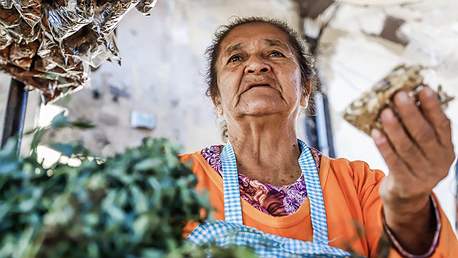
Time for a Rights-Based Global Economic Stimulus to Tackle COVID-19
During this pandemic, economic rescue packages—nationally and globally—must protect the socioeconomic rights of those most at risk.

Development Finance for COVID-19 Should Uphold Human Rights
A statement from the Coalition for Human Rights Development that CESR contributed to urges development finance institutions to make sure their COVID relief funding upholds human rights and economic justice for the most vulnerable.
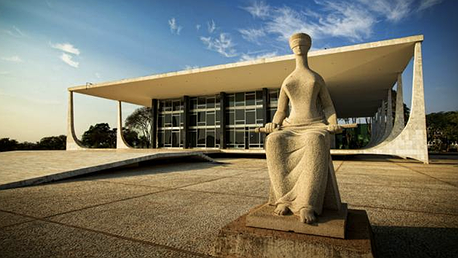
CESR Joins Judicial Action Against Devastating Brazilian Spending Freeze
CESR is supporting a coalition of 192 Brazilian civil society organizations and social justice groups as they file a judicial action against Brazil’s expenditure cap, which has had grievous effects on the wellbeing of many of Brazil’s citizens, especially in the midst of the COVID-19 pandemic.
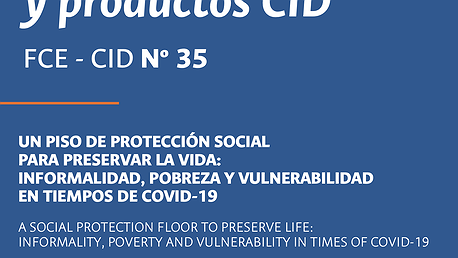
A Proposal for a COVID-19 Emergency Basic Income in Colombia Gains Traction
The National University of Colombia has published a proposal co-authored by CESR’s Sergio Chaparro for adopting an emergency basic income in Colombia.
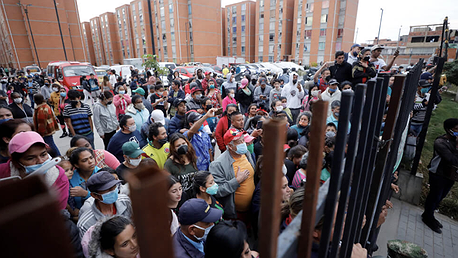
Lessons Learned from COVID-19 on Social Policy, Informal Labor and Economic Vulnerability
CESR's Sergio Chaparro co-authored an article in Colombia's El Espectador explaining the necessity for transformative economic recovery policies, such as a social protection floor, for providing long term security.
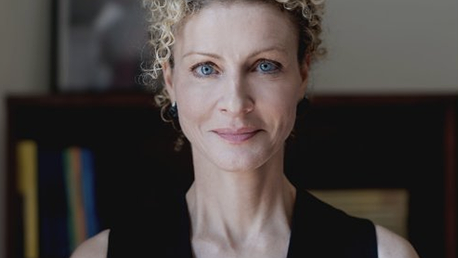
Truths and Lies about this Pandemic: What are the Lessons for Health Rights and Social Justice?
In a blog for the Global Intiative for Economic, Social and Cultural Rights, former CESR board member Alicia Ely Yamin argues that the pandemic is not “a great equalizer” but rather an "x-ray" of preexisting social inequalities and rights violations driven by neoliberalism.
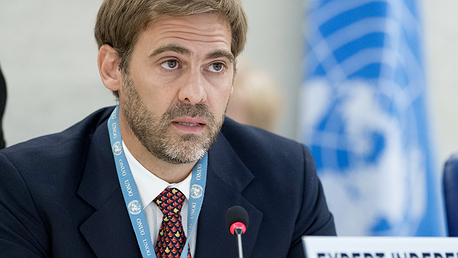
UN Expert Urges More Government Spending Targeting Inequality, not Big Business
Juan Pablo Bohoslavsky, UN Independent Expert on Foreign Debt and Human Rights, calls for a dramatic increase in public spending that targets inequalities and poverty caused by the COVID-19 crisis, instead of bailing out corporations and banks.
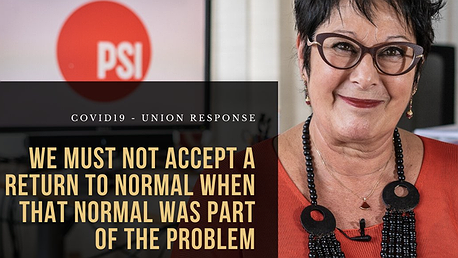
Unions Must Support a Stronger Public COVID-19 Response and a New Global Economy
CESR board member and Public Services International General Secretary Rosa Pavanelli calls for a labor movement response to #COVID19 that boldly demands a new global economy.
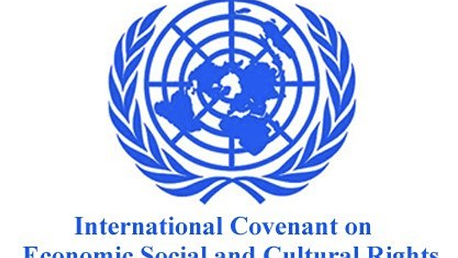
CESCR Statement on the COVID-19 Pandemic and Economic, Social and Cultural Rights
The UN Committee on Economic, Social and Cultural Rights asserts that in the midst of the pandemic, States are obligated under international human rights law to devote their maximum available resources to the full realization of all economic, social and cultural rights, including the right to health, in the most equitable manner.
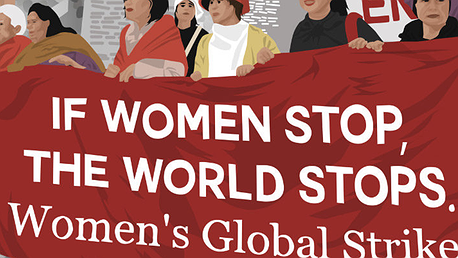
Invest in the Care Economy for a Just, Green, Feminist COVID-19 Response and Recovery
CESR and over 125 networks, trade unions, and organizations are demanding a COVID-19 response and recovery that is just, green, and feminist. As burdens frequently shouldered by women continue to worsen in the midst of the pandemic, we call for a greatly expanded investment in the “care economy."

A Debt Jubilee to Tackle the COVID-19 Health and Economic Crisis
CESR and over 200 international organizations and regional networks issued a statement calling on the IMF, the World Bank, and members of the G20 to permanently cancel all external sovereign debt payments for 2020.

A Comprehensive Response to COVID-19 Demands Redistributive Fiscal Policies
CESR and partners at the Initiative for Human Rights in Fiscal Policy in Latin America call on States to undertake broad fiscal redistribution in order to avoid dire human rights consequences of the COVID-19 crisis.
CESR's Sergio Chaparro Discusses COVID-19 Debt Relief on International News Network France 24
Chaparro said that while the G20's agreement to suspend debt payments from pooer countries was welcome, it did not go far enough.
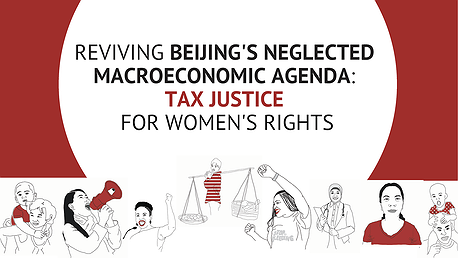
Reviving Beijing's Neglected Macroeconomic Agenda: Tax Justice for Women’s Rights
On March 13, CESR co-sponsors a CSW parallel event on tax justice for women's rights, organized by the Global Alliance for Tax Justice’s tax and gender working group.
ESCR-Net Covers CESR's Dismantling the Dogmas
ESCR-Net covered CESR's Dismantling the Dogmas of Austerity and Fiscal Injustice in Latin America.
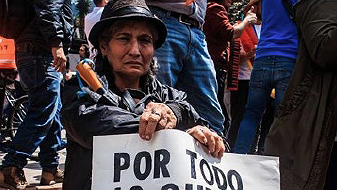
Dismantling the Dogmas: Tools for Tackling Austerity in Latin America
New briefing confronts head-on dogmas that are deployed against progressive structural fiscal reforms in Latin America.
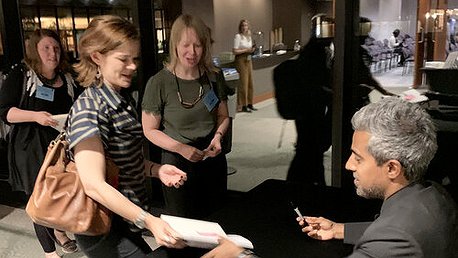
Going Against the Grain: Human Rights and Working for Change
The Going Against the Grain conference focused on local grassroots initiatives that use human rights as a practical tool to actively take on vested interests and advance economic democracy.
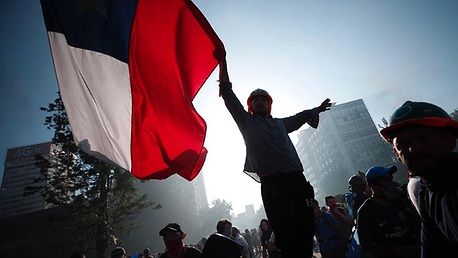
Global Protests Demand Human Rights Actors Tackle Economic Injustice
Ignacio Saiz' submission to OpenGlobalRightsArticulo en español
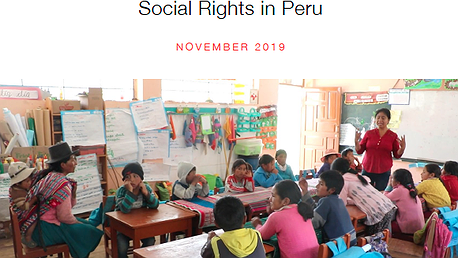
Unequal and Unjust: the Human Rights Costs of Tax and Budget Decisions in Peru
A new report from CESR finds that Peru’s unjust tax and budget policies threaten quality education for the country’s Indigenous children and restrict access to prompt cancer treatment for some underserved patients.
Assessing Austerity's Impacts on Human Lives
CESR's Sergio Chaparro recently lectured about assessing the human impacts of economic austerity policies at The American University in Cairo.
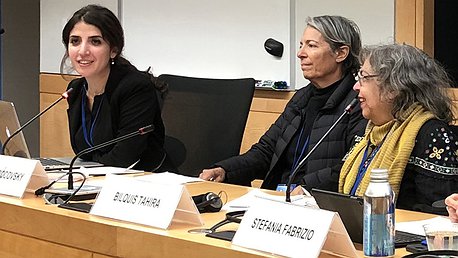
Austerity and the IMF: An Appeal for Responsibility
CESR and partners issued an urgent appeal to the IMF to halt its support for austerity measures and to assess their human rights impacts. We also brought evidence of austerity's unequal impacts to the recent IMF/World Bank Annual meetings.
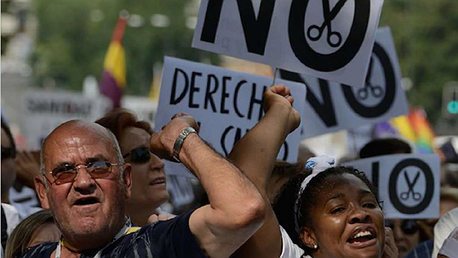
CESR at 25: Achievements and Challenges in a Milestone Year
CESR releases its annual report for 2018, a milestone year that marked the twenty-fifth anniversary of our founding as the first international NGO to bring human rights to the struggle for economic and social justice.
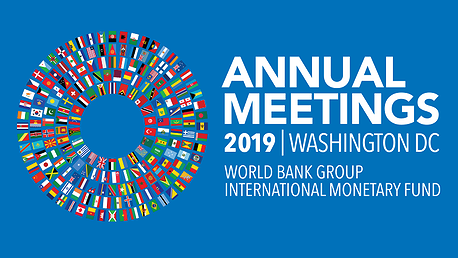
Lessons from Ecuador: Challenging Austerity and Human Rights Erosion at the IMF
CESR will be at the World Bank/IMF Annual Meetings this week, challenging the IMF’s global role in driving austerity measures that result in the steady erosion of human rights in countries such as Ecuador.
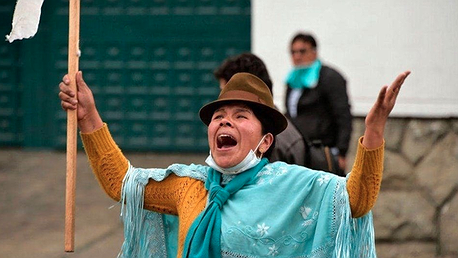
Austerity and Human Rights in Ecuador: An Urgent Appeal to the IMF
Fiscal policy cannot be imposed while ignoring people’s rights, as the Indigenous peoples’ protest movement in Ecuador has shown.
Cutting to the Core: Rethinking the IMF's Way of doing Business to Tackle Gender Inequalities
On Thursday, October 17th at the IMF/World Bank Annual Meetings, this panel discussion asks if the IMF's recent turn to acknowledging gender equality as "macro-critical" has led to meaningfully different outcomes for women affected by Fund-supported macroeconomic policies.
The IMF and Right to Food: Conditionality on Food and Agriculture in the Arab Region
This session on Thursday, October 17th at the IMF/World Bank Annual Meetings will discuss IMF-imposed policies in the Arab Region that impact agricultural policies and achievement of the right to food from regional and national perspectives, as well as propose alternatives.
The IMF and Inequalities: Tensions between Structural Adjustments and Structural Transformations
This discussion on Thursday, October 17th at the World Bank/IMF Annual Meetings debates the balance between IMF-advised structural adjustments and the need for systemic changes in financial governance, to ensure governments can achieve SDG 10 and tackle inequalities on multiple levels.